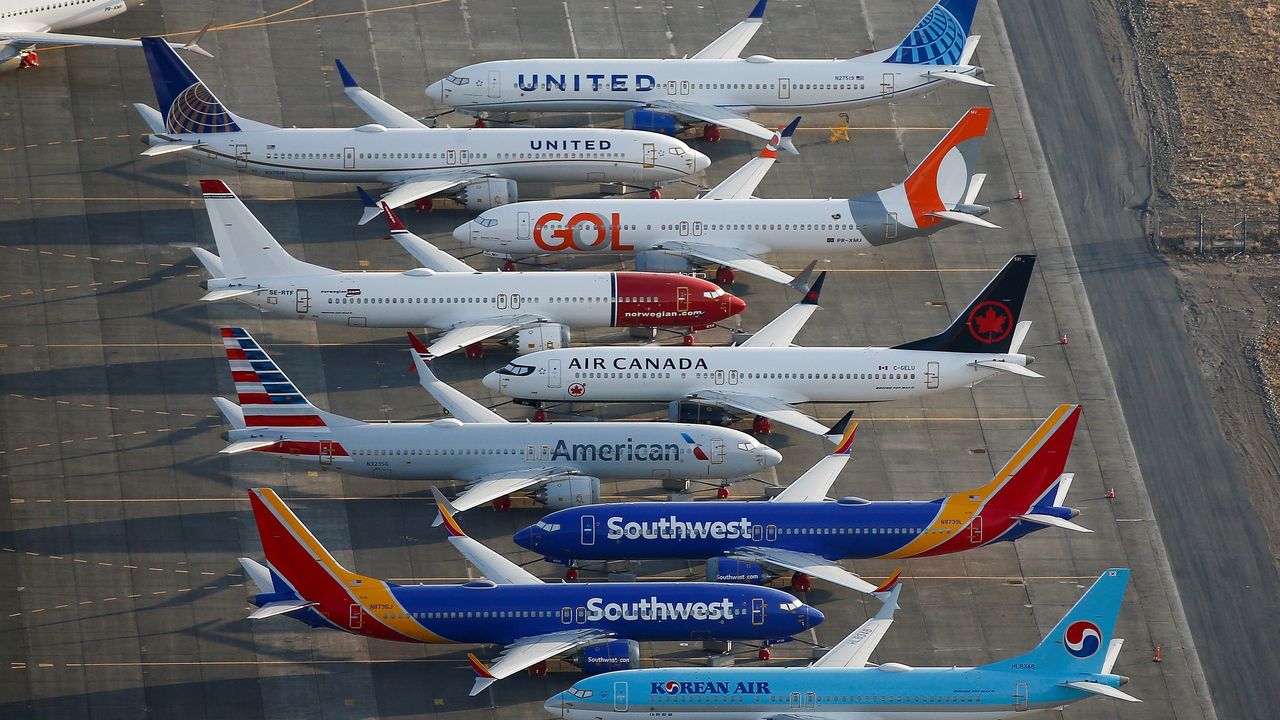
Airline partnerships might seem like a tangled web, but they offer some cool perks for travelers. Ever wondered why your flight ticket sometimes shows multiple airlines? That's because airlines team up to provide better routes, more frequent flights, and extra benefits for passengers. Codeshare agreements and alliances like Star Alliance, SkyTeam, and Oneworld make this possible. These partnerships help airlines expand their reach without adding new planes. For passengers, this means smoother connections, shared lounges, and more frequent flyer miles. Curious about how these partnerships work and what they mean for you? Let's dive into 16 fascinating facts about airline partnerships!
Key Takeaways:
- Airline partnerships bring together airlines to work together, offering benefits like seamless travel, lounge access, and priority services to passengers. This makes flying more convenient and enjoyable for travelers.
- Major airline alliances like Star Alliance, SkyTeam, and Oneworld cover extensive destinations, providing better deals, operational efficiencies, and expanded market access for both airlines and passengers.
What Are Airline Partnerships?
Airline partnerships are agreements between two or more airlines to cooperate in various ways. These partnerships can range from simple code-sharing agreements to full-fledged alliances. They aim to provide better services, expand route networks, and reduce operational costs.
-
Code-sharing allows airlines to sell seats on each other's flights. This means you could book a flight with one airline but actually fly on another.
-
Frequent flyer programs often get linked through partnerships. You can earn and redeem miles across multiple airlines within the same alliance.
-
Joint ventures are deeper partnerships where airlines share revenue and costs on certain routes. This often leads to more coordinated schedules and pricing.
-
Interline agreements enable passengers to book connecting flights on different airlines with a single ticket. Your luggage gets transferred automatically between flights.
Major Airline Alliances
Three major global alliances dominate the airline industry: Star Alliance, SkyTeam, and Oneworld. These alliances bring together numerous airlines under one umbrella, offering extensive benefits to travelers.
-
Star Alliance is the largest airline alliance, with 26 member airlines. It covers over 1,300 destinations in nearly 200 countries.
-
SkyTeam has 19 member airlines. It serves over 1,000 destinations in more than 170 countries.
-
Oneworld consists of 13 member airlines. It reaches over 1,000 destinations in around 160 countries.
-
Alliance hubs are major airports where member airlines coordinate their schedules. This makes it easier for passengers to connect between flights.
Benefits for Passengers
Airline partnerships offer numerous advantages to passengers, making travel more convenient and enjoyable.
-
Seamless travel is a significant benefit. With coordinated schedules and shared lounges, your journey becomes smoother.
-
Lounge access is often extended to passengers flying with partner airlines. This means you can relax in a lounge even if you're not flying with your usual airline.
-
Priority services like boarding and check-in are available to frequent flyers across partner airlines. This saves time and adds comfort to your travel experience.
-
Better deals can be found through partnerships. Airlines often offer joint promotions and discounts, making travel more affordable.
Operational Efficiencies
Airline partnerships also bring operational efficiencies, benefiting both airlines and passengers.
-
Shared resources like maintenance facilities and ground services reduce costs for airlines. This can lead to lower ticket prices for passengers.
-
Coordinated schedules mean fewer delays and missed connections. Airlines work together to ensure flights are timed for easy transfers.
-
Combined fleets allow airlines to optimize aircraft usage. This means more flight options and better service for passengers.
-
Market access is expanded through partnerships. Airlines can enter new markets without the need for additional resources, offering more destinations to travelers.
The Final Boarding Call
Airline partnerships offer more than just convenience. They bring a world of benefits to travelers. From frequent flyer miles to shared lounges, these alliances make flying smoother. They also help airlines save money and expand their reach. Passengers enjoy seamless connections and better deals. Plus, there's the bonus of enhanced customer service.
These partnerships aren't just about business. They're about making travel easier and more enjoyable. Next time you book a flight, check if your airline is part of an alliance. You might find perks you didn't expect. Whether you're a frequent flyer or an occasional traveler, these partnerships can make a big difference. So, keep an eye out for those logos and enjoy the benefits. Safe travels!
Frequently Asked Questions
Was this page helpful?
Our commitment to delivering trustworthy and engaging content is at the heart of what we do. Each fact on our site is contributed by real users like you, bringing a wealth of diverse insights and information. To ensure the highest standards of accuracy and reliability, our dedicated editors meticulously review each submission. This process guarantees that the facts we share are not only fascinating but also credible. Trust in our commitment to quality and authenticity as you explore and learn with us.


